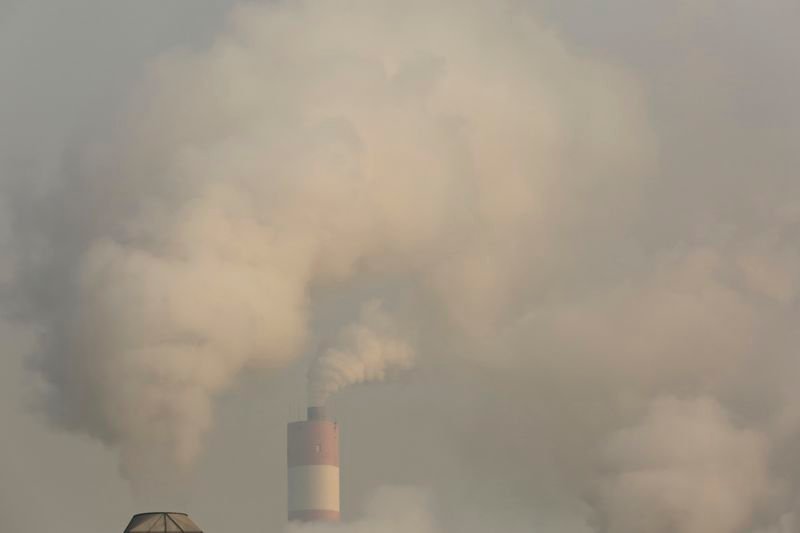By Valerie Volcovici
WASHINGTON (Reuters) – The U.S. government unveiled on Tuesday its policy for using voluntary carbon credits that seeks to put “guardrails” to boost confidence in a nascent market after some high-profile offset projects failed to deliver the promised emissions reductions.
The heads of the Treasury, Energy and Agriculture Departments as well as President Joe Biden’s top climate and economic advisers announced a joint statement of policy and principles to guide participation in voluntary carbon markets as part of its broader efforts to encourage their development.
“Voluntary carbon markets can help unlock the power of private markets to reduce emissions, but that can only happen if we address significant existing challenges,” said Treasury Secretary Janet Yellen.
“The principles released today are an important step toward building high-integrity voluntary carbon markets.”
Many companies “offset” their own greenhouse gas emissions by buying voluntary carbon credits, which represent the avoidance or removal of emissions via projects largely located in developing countries.
But a series of high-profile controversies has shaken confidence in the market for carbon offsets, with several large companies that buy carbon credits retreating from the market as recent studies found that several large forest protection projects failed to deliver their promised emission reductions.
Voluntary carbon markets shrunk for the first time last year in at least seven years.
The principles for “responsible participation” in offset markets outlined by U.S. officials on Tuesday include strict standards to ensure that projects deliver real and quantifiable emissions reductions, monitoring to ensure projects do not harm local communities and that corporate buyers prioritize decarbonizing their own supply chains before opting for credits.
The move by the U.S. to ensure “integrity” in voluntary carbon markets comes as several organizations, such as the Integrity Council for Voluntary Carbon Markets, have started to publish principles to define high-quality offsets.
The Energy Department announced last year that it would purchase credits from projects that will remove carbon dioxide from the air in a bid to bolster that technology.
The Agriculture Department has also created a program to help farmers, ranchers and forest owners to participate in carbon markets by helping them to identify high-integrity carbon offset programs for generating carbon credits.
Meanwhile, the State Department set up the Energy Transition Accelerator, a carbon offset program that aims to help developing countries transition away from coal, as well as the LEAF coalition, which aims to stem tropical deforestation.
Read the full article here


